On World Health Day 2020, Born Free Is Among 200 Organizations Joining Campaign To Close Global Wildlife Markets As The COVID-19 Death Toll Rises
Today, April 7th, is World Health Day. This year’s theme includes honoring the contribution of nurses around the world; which has become profoundly important as they bravely join doctors and other health care professionals and workers who continue to risk their own lives to save others during the war against the coronavirus.
As noted by the World Health Organization (WHO), World Health Day “is marked by activities which extend beyond the day itself and serves as an opportunity to focus worldwide attention on these important aspects of global health.”
Now, with cases of Coronavirus exceeding One Million across more than 200 countries, international wildlife charity Born Free is urging the World Health Organization (WHO) to use its influence to close down wildlife markets and curb the trade in wild animals worldwide.
In a letter coordinated by Born Free and its Lion Coalition partner organizations, and supported by more than 200 wildlife protection groups from across the world, Born Free is calling on the WHO to do all it can to prevent the possibility of future pandemics emerging from the wildlife trade.
“Markets selling live wild animals are found in many countries. However, rapidly growing human populations, increased access to even the most remote wildlife areas through changes in land use and infrastructure development, greater disposable income, increasing urbanization, and the changing nature of demand, has resulted in the rapid expansion and commercialization of such markets, increasing the risks to human and animal health,” Dr. Mark Jones, Head of Policy at Born Free, said in a statement sent to WAN.
Previous global epidemics, including: Severe Acute Respiratory Syndrome (SARS), Ebola, Middle Eastern Respiratory Syndrome (MERS) and HIV, have also been associated with the trade in wild animals. SARS, which in 2002-2003 resulted in more than 8,000 human cases across 17 countries, and almost 800 deaths, is a closely related type of coronavirus to COVID-19, and was also reported to have spread to humans via wild mammals commonly traded still alive in Chinese markets.
“The trade in wild animals to supply restaurants, tourist facilities, the vast and expanding international demand for exotic pets, the traditional medicines trade, and to satisfy many other demands, is also a major contributor to the global decline in wildlife and biodiversity, and has severe negative consequences for the welfare of many millions of individual animals,” continued Jones. “We need to dig deep and reset our fundamental relationship with the natural world, rethink our place in it, and treat our planet and all its inhabitants with a great deal more respect, for its sake and for ours.”
The letter urges the WHO to:
-
Recommend to governments worldwide that they institute a permanent ban on live wildlife markets, drawing an unequivocal link between these markets and their proven threats to human health.
-
Recommend to governments that they address the potential risks to human health from the trade in wildlife – including collection from the wild, ranching, farming, transport, and trade through physical or online markets for any purpose, and move to close down or limit such trade in order to mitigate those risks.
-
Unequivocally exclude the use of wildlife, including from captive bred specimens, in the WHO’s definition and endorsement of Traditional Medicine and revise WHO’s 2014-2023 Traditional Medicine Strategy accordingly to reflect this change.
-
Assist governments and lead a coordinated response among the World Trade Organization, OIE, and other multilateral organizations worldwide in awareness-raising activities to clearly inform of the risks of wildlife trade to public health, social cohesion, economic stability, law and order, and individual health.
-
Support and encourage initiatives that deliver alternative sources of protein to subsistence consumers of wild animals, in order to further reduce the risk to human health.
You can help all animals and our planet by choosing compassion on your plate and in your glass. #GoVeg


